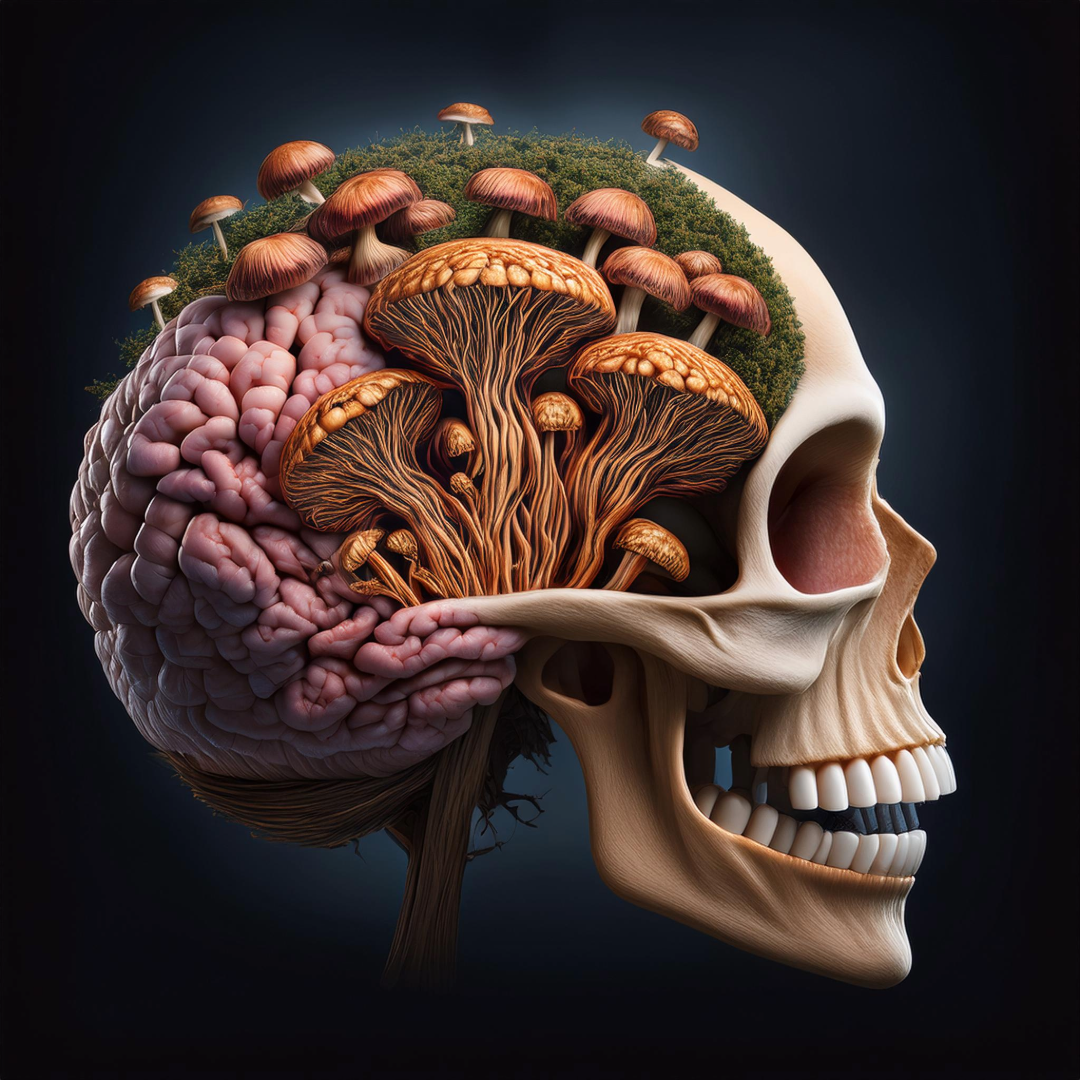If you've ever gone a night without getting much sleep, then you know how it can affect you the next day. You're sluggish and fatigued - and it seems like your brain is lagging a few steps behind.
We've long known how important sleep is, of course, but we're still learning about all of the different ways in which sleep affects the brain. It turns out that even one night of poor sleep can have a dramatic, immediate impact on how your brain - and the rest of your body - functions.
Getting enough sleep doesn't just feel fantastic, either - it's really good for you. Here's what it can do:
- Turbo-charges your memory, creativity, and cognition
- Increases your life expectancy
- Reduces inflammation (which can lead to conditions like heart disease and stroke)
- Makes you happier and more energetic
- It can even help you lose weight!
What Happens When You Get Enough Sleep
You've likely heard of sleep referred to as "re-charging," but you might not realize that that's exactly what happens.As you drift deeper into sleep, your body starts to slow everything down. Breathing, heart rate, and blood pressure drop, and your body becomes cooler. This is also when your tissue begins to heal and regenerate, and your immune system strengthens itself.In your brain, meanwhile, housekeeping is being done. Toxins are swept up and flushed out, keeping your neurons clean and healthy. Researchers are beginning to suspect that many neurodegenerative diseases are caused at least in part by toxic buildup in the brain, so sleep is essential for keeping your mind sharp as you grow older.The brain also uses this time to form and strengthen new memories. As you learn things during the day, the connections in your mind are fairly fragile. When you sleep, however, the mind goes back over what you've learned and decides what information is important and what can be lost. It then cements the memory into your brain, so that the information will be there when you need it. This is why pulling an all-nighter is discouraged before a big test - you need that sleep to remember everything you've crammed in!The Impact of Too Little Sleep
Here are just a few of the things that happen when you're sleep deprived:- Difficulty concentrating or thinking
- Diminished reflexes
- Increased risk of heart disease, stroke, and diabetes
- Reduced sex drive
- Increase in signs of aging





The Hidden Link Between Sleep, Alzheimer’s and Parkinson’s Disease
Becoming Immortal with Technology